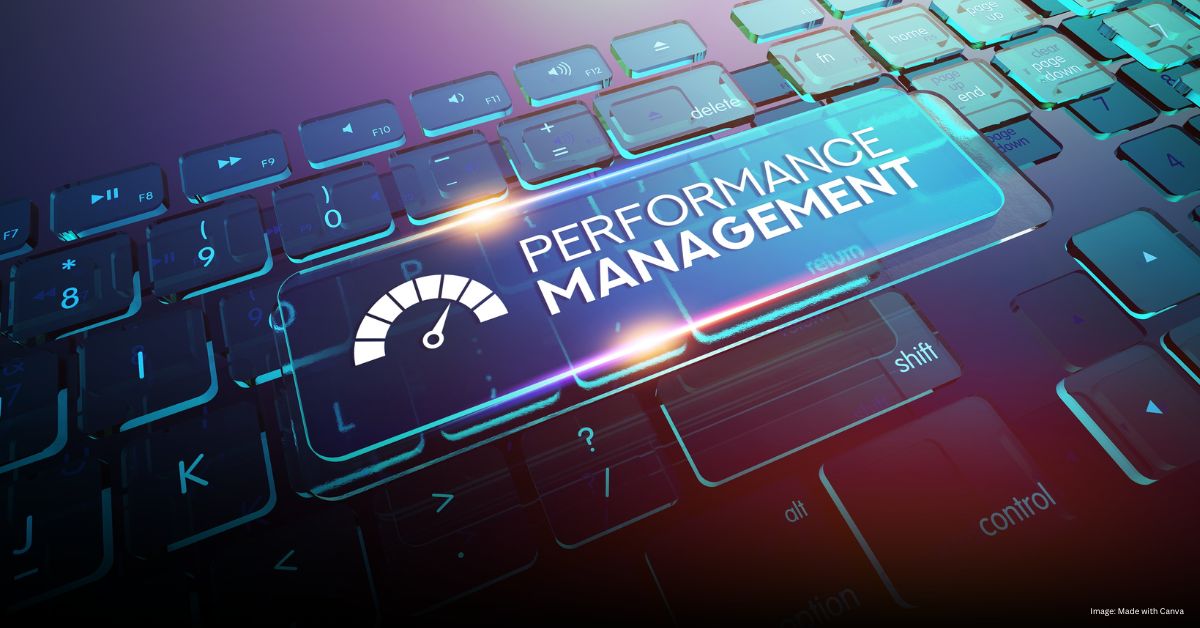Is your computer running slow? You’re not alone. A sluggish computer can be frustrating, making even the simplest tasks take longer than they should. Whether you’re trying to browse the internet, play a game, or get work done, a slow computer can really drag down your day. Luckily, there are some easy steps you can take to speed up your computer without spending a lot of money.
Common Causes of a Slow Computer
A slow computer can be caused by several factors that build up over time. Recognizing these common issues can help you understand why your computer is lagging and what you can do to fix it.
1. Too Many Programs Running at Startup
When your computer starts up, it loads several programs automatically. If too many programs are set to start when your computer turns on, it can slow down the entire system.
2. Lack of Disk Space
Your computer needs space to store files and run programs. If your hard drive is nearly full, your computer will struggle to keep up.
3. Outdated Software
Running outdated software can slow down your computer. Updates often include fixes and improvements that help your computer run better.
4. Malware and Viruses
Malware and viruses can cause your computer to slow down or even crash. These unwanted programs often run in the background, using up valuable resources.
Solutions to Speed Up Your Computer
Speeding up your computer doesn’t always require expert skills or costly upgrades. With some simple steps, you can boost your computer’s performance and make it run faster.
1. Disable Unnecessary Startup Programs
One of the easiest ways to speed up your computer is to disable unnecessary programs from starting up. To do this, go to your task manager and look for the startup tab. From there, you can disable programs that you don’t need right away.
2. Free Up Disk Space
Clearing out unnecessary files and programs can make a big difference. Delete old files, uninstall programs you no longer use, and empty your recycle bin. You can also use a disk cleanup tool to help find and remove files you don’t need.
3. Update Your Software
Make sure your operating system and all of your programs are up to date. Updates often include performance improvements that can help speed up your computer. Check for updates regularly and install them when they become available.
4. Scan for Malware and Viruses
Run a full scan of your computer with an antivirus program. This can help find and remove any harmful programs that might be slowing down your system. Be sure to keep your antivirus software up to date for the best protection.
5. Upgrade Your Hardware
If you’ve tried all the above steps and your computer is still slow, it might be time to upgrade your hardware. Adding more RAM or switching to a solid-state drive (SSD) can make a huge difference in speed.
Conclusion
A slow computer doesn’t have to be a permanent problem. By following these simple steps, you can significantly speed up your computer and get back to enjoying a fast, efficient system. Regular maintenance like freeing up disk space, updating software, and scanning for viruses can keep your computer running smoothly. If all else fails, consider upgrading your hardware for an extra boost in performance.
FAQs
Q: How often should I clean up my computer?
A: It’s a good idea to clean up your computer at least once a month. Regular maintenance can help keep your computer running fast.
Q: Can adding more RAM speed up my computer?
A: Yes, adding more RAM can help your computer run more programs at once and speed up performance.
Q: What is the best way to remove malware from my computer?
A: The best way to remove malware is to use a trusted antivirus program. Run a full system scan and follow the program’s instructions to remove any threats.
Q: Should I upgrade to an SSD?
A: Upgrading to an SSD is one of the most effective ways to speed up your computer. SSDs are faster and more reliable than traditional hard drives.


